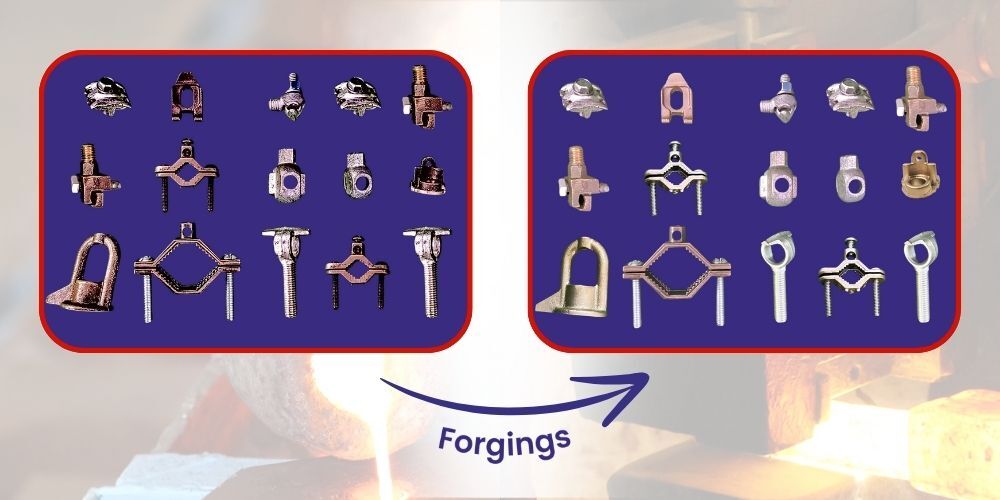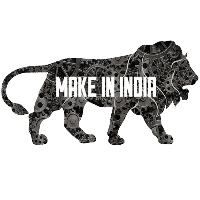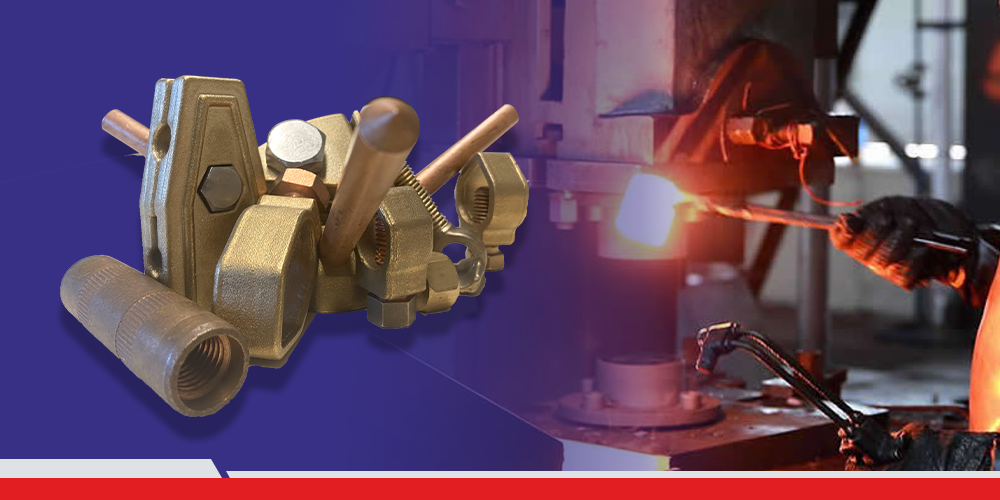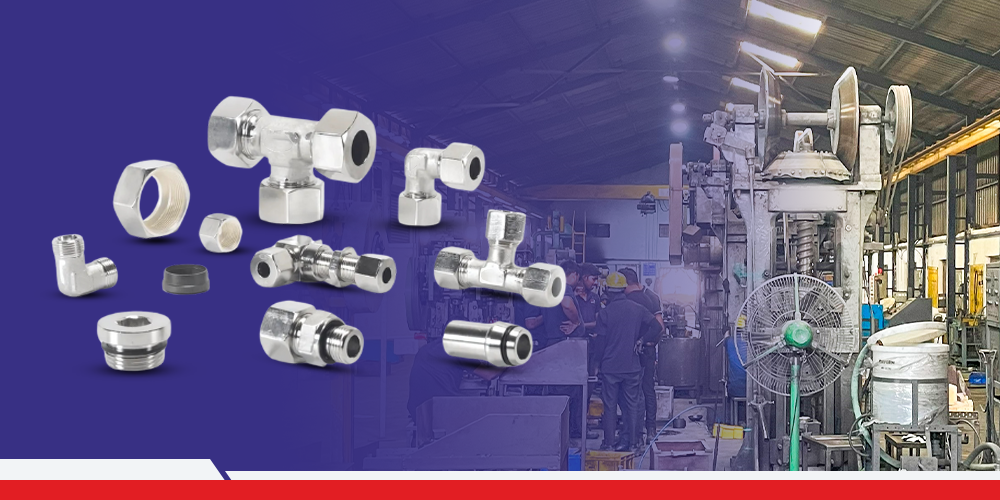Sales Inquiry
Forged Connectors: The Superior Choice Over Cast Connectors

Stop Using Cast Connectors: Here's Why Forged Connectors Are a Better Choice
Cast connectors have been a mainstay in many industries for decades. However, with advancements in manufacturing technology, forged connectors have emerged as a superior alternative. While both offer methods for connecting components, forged connectors boast significant advantages in terms of strength, reliability, and safety. This blog post dives into the reasons why you should consider switching from cast connectors to forged connectors for your next project.
Understanding the Manufacturing Differences
1.Casting: Molten metal is poured into a mold, where it solidifies into the desired shape. The final product's properties depend on the cooling rate and the inherent grain structure of the cast metal.
2.Forging: A metal bar or billet is heated and subjected to intense pressure, forcing it to deform and fill a die cavity. This process refines the grain structure, resulting in a stronger and more predictable material.
Key Advantages of Forged Connectors.
1.Superior Strength: The forging process eliminates internal voids and imperfections commonly found in castings. This translates to a significant increase in tensile strength, yield strength, and fatigue resistance. Forged connectors can withstand higher loads and stresses without deformation or failure.
2.Enhanced Reliability: The refined grain structure of forged connectors leads to more predictable material behavior. This translates to a lower risk of unexpected cracks or failures, crucial for applications where safety and reliability are paramount.
3.Improved Ductility: Forged connectors exhibit superior ductility, allowing them to deform under stress without breaking. This is particularly beneficial in situations where the connector might encounter shock loads or vibrations.
4.Dimensional Accuracy: Forged connectors achieve tighter tolerances compared to castings. This ensures a more precise fit and reduces the need for extensive machining or post-processing.
5.Fatigue Resistance: Forged connectors demonstrate superior resistance to metal fatigue, a critical factor for applications involving repeated stress cycles. They can withstand millions of load cycles without succumbing to fatigue cracks.
6.Material Versatility: Forging allows for the use of a wider range of high-strength alloys compared to casting. This opens doors to applications requiring specific material properties like high-temperature resistance or corrosion protection.
7.Machinability: Forged connectors often exhibit better machinability compared to castings due to their refined grain structure. This translates to easier and more cost-effective machining when required.
8.Non-Destructive Testing: The consistent material properties of forged connectors make them ideal for non-destructive testing (NDT) techniques like ultrasonic or radiographic inspection. This allows for thorough quality control and ensures the integrity of the final product.
Cast Connectors: Potential Drawbacks
1.Internal Defects: The casting process is more prone to internal voids, gas pockets, and shrinkage cavities. These defects can significantly weaken the connector and lead to unpredictable failures.
2.Lower Strength: Cast connectors generally exhibit lower tensile and yield strength compared to forged connectors. This may limit their suitability for high-stress applications.
3.Dimensional Variations: Castings can have larger dimensional tolerances due to factors like mold shrinkage. This can necessitate additional machining or lead to imprecise fits.
4.Limited Material Selection: The casting process may not be suitable for all types of metals, particularly those with high melting points or those that are prone to cracking during solidification.
Applications Where Forged Connectors Shine
Forged connectors are the preferred choice in a wide range of industries due to their superior strength, reliability, and safety. Here are some prominent examples:
1.Automotive: Critical components like connecting rods, crankshafts, and suspension parts rely on forged connectors to handle immense loads and vibrations.
2.Aerospace: Aircraft landing gear, engine mounts, and control surfaces require the exceptional strength and fatigue resistance offered by forged connectors.
3.Oil & Gas: High-pressure applications in drilling rigs and pipelines benefit from the robust properties of forged connectors.
4.Construction: Load-bearing structures, bridges, and heavy machinery utilize forged connectors for their exceptional strength and dimensional accuracy.
5.Military & Defense: Weapons systems, armored vehicles, and other military equipment rely on the reliable performance of forged connectors.
Making the Switch to Forged Connectors
If you've been using cast connectors in your projects, consider the numerous advantages of switching to forged connectors. While the initial cost per unit might be slightly higher, the long-term benefits outweigh the difference. Forged connectors offer:
1.Enhanced safety and reliability
2.Improved performance and durability
3.Reduced maintenance costs
4.Potential weight savings due to higher strength-to-weight ratio
Conclusion
By transitioning from cast connectors to forged connectors, you invest in a future of superior safety, performance, and longevity for your projects. Forged connectors represent the cutting edge in connector technology, and their numerous advantages make them the discerning choice for engineers and designers across a wide range of industries. Make the switch today and experience the undeniable difference that forged connectors can deliver.






